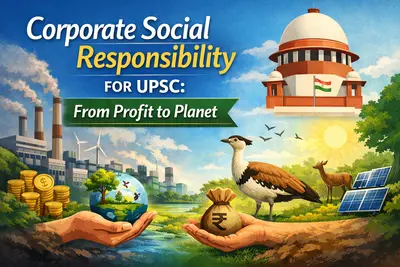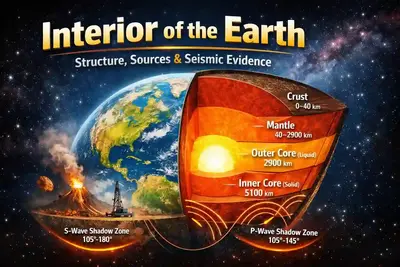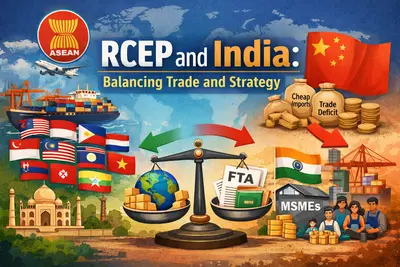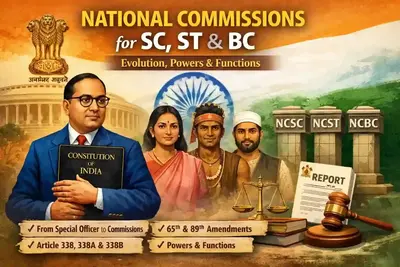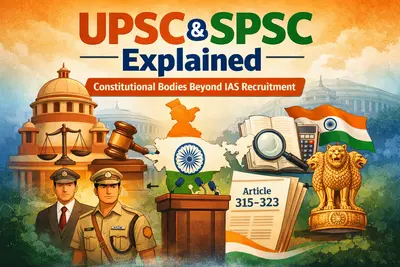Corporate Social Responsibility for UPSC: Supreme Court and Wildlife Conservation
Introduction The Supreme Court of India made an important ruling concerning environmental issues, broadening the definition of Corporate Social Responsibility to include a corporation’s obligation to protect ecosystems. The Court stated that it is impossible to separate a corporation’s economic activity from its environmental responsibilities. The Supreme Court identified several aspects of corporate responsibility for […]
Corporate Social Responsibility for UPSC: Supreme Court and Wildlife Conservation Read More »
